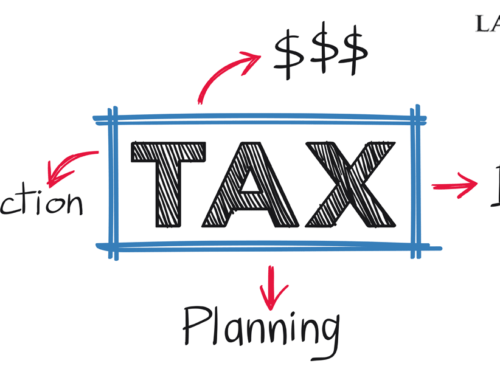Key Parties Involved in Probate
June 6, 2024

Probate is a legal process that takes place after someone passes away, involving the administration of their estate. This process ensures that the deceased person’s assets are distributed according to their wishes, or in accordance with state laws if there is no will. Probate involves several key participants, each with distinct responsibilities and roles. Here, we explore the primary parties involved in probate and their functions.
Personal Representative
The personal representative, also known as the executor, is a crucial figure in the probate process. Named in the decedent’s will, this individual is responsible for administering the estate. Their duties include collecting and managing the decedent’s assets, paying any outstanding debts or taxes, and distributing the remaining assets to the beneficiaries as outlined in the will. If the decedent did not leave a will, the probate court appoints an administrator to perform these tasks. The personal representative plays a central role in ensuring the smooth execution of the decedent’s wishes and the legal requirements of estate administration.
Beneficiaries
Beneficiaries are individuals or entities named in the decedent’s will to receive specific assets or a portion of the estate. These can include family members such as spouses, children, and relatives, as well as friends and charitable organizations. Beneficiaries have a vested interest in the probate process and are entitled to their inheritance as designated by the will. Their primary role is to receive the assets bequeathed to them, but they may also need to be involved in certain legal proceedings if disputes arise.
Heirs
Heirs are individuals who are legally entitled to inherit the decedent’s property or assets if there is no will (intestate succession). Typically, heirs include close relatives such as spouses, children, and parents. State intestate succession laws determine the specific distribution of assets among heirs. While heirs and beneficiaries often overlap, heirs are specifically relevant in cases where the decedent did not leave a will.
Creditors
Creditors are entities or individuals to whom the decedent owed money at the time of their death. They have the right to file claims against the estate to recover outstanding debts. The personal representative is responsible for notifying creditors of the decedent’s passing and addressing these claims. Settling debts is a critical step in the probate process, ensuring that the estate’s liabilities are resolved before distributing the remaining assets to beneficiaries.
Guardians
If the decedent left behind minor children or dependents, such as disabled individuals or aging parents, the will might specify a guardian to care for them. If no guardian is named, the probate court appoints one. The guardian’s role is to provide care and make decisions on behalf of the minors or dependents, ensuring their well-being and financial support.
Probate Referee or Appraisers
To accurately determine the value of non-cash assets in the estate, such as real estate or valuable personal items, probate referees or appraisers are involved. These experts assess the fair market value of the assets, which is crucial for the accurate distribution and potential sale of the estate’s property. Their evaluations help ensure transparency and fairness in the probate process.
Probate Court
The probate court oversees the entire probate process, ensuring that the decedent’s wishes are honored and that the legal requirements are met. The court supervises the personal representative, resolves disputes, and enforces the state’s probate laws. Its role is to provide a legal framework that facilitates the orderly administration of the estate.
Attorney
An attorney specializing in probate law assists the personal representative with legal filings, estate laws, and representation during disputes. Attorneys offer invaluable guidance throughout the probate process, helping navigate complex legal issues and ensuring compliance with state laws. Other attorneys may also represent different interests, such as heirs or creditors, to protect their clients’ rights.
Conclusion
The probate process involves multiple parties, each playing a vital role in ensuring the proper administration of the decedent’s estate. From the personal representative to the probate court, each participant’s involvement is crucial to fulfilling the decedent’s wishes, resolving debts, and distributing assets. Understanding the roles and responsibilities of these parties can help you navigate the probate process more effectively, whether you are a personal representative, beneficiary, heir, or involved in any other capacity.
At Lawvex, we understand the complexities and challenges of the probate process. Our experienced team is here to provide you with the legal support and guidance you need. Whether you’re acting as a personal representative or dealing with any other aspect of probate, we can help you navigate this difficult time with confidence and peace of mind. Contact us today to learn more about our probate services and how we can assist you.


